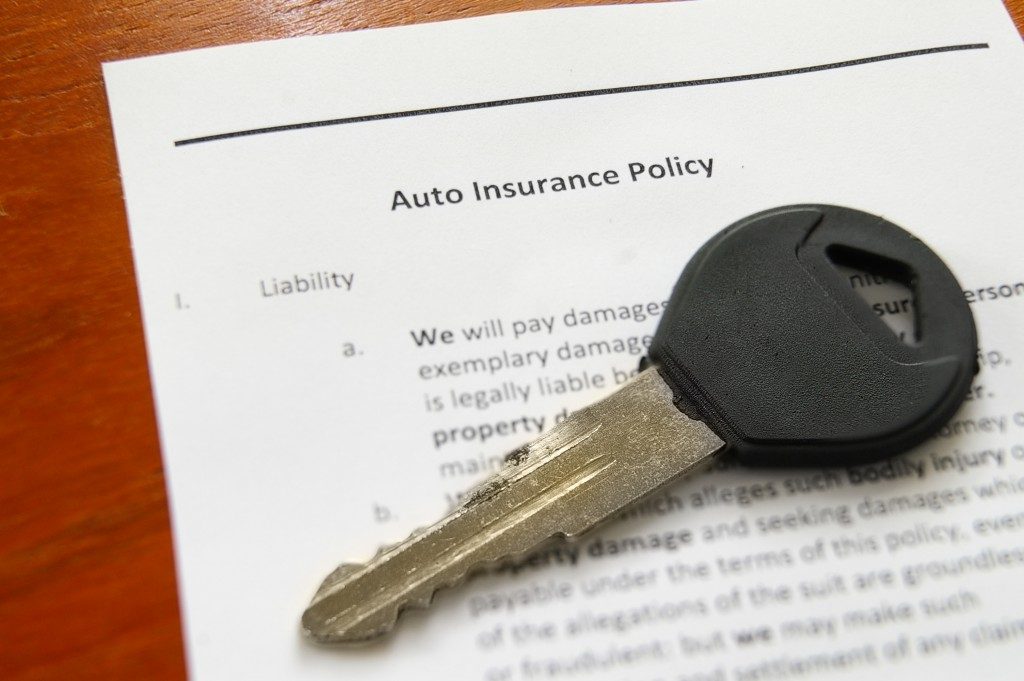You want your new ride without the inconvenience of having to travel to the dealership’s physical address. Almost everyone would fancy this option; shopping for your next vehicle from the comfort of your homes or office.
And, many retailers of car repair, replacement and upgrade kits are already implementing e-commerce in their retail business. And, customers are enjoying the convenience; dealerships are reaping from return and referred clients. It’s a win-win.
But, why is it not so with vehicle dealerships? Or, to be fair, what will it take to roll out automotive e-commerce, and what will it mean for you, the consumer? In 2019, Digital Commerce 360 surveyed for online vehicle shopping.
From a panel of 1,089 respondents, 49% of them were willing to buy their next vehicles entirely online. That would mean your favourite Holden cars for sale in a local dealership in Auckland might be selling on their website.
They are also to use the same platform to market vehicles, generating sales, and completing transactions. And, just as you would have home deliveries for other products, the automotive dealership would bring to your address the exact vehicle that you shopped.
That’s easy-peasy, right?
Well, you are right to think so. And, yes, Tesla Inc. and other premier automotive manufacturers are already using this model of online vehicle buying. However, other manufacturers and most dealerships are yet to adapt to this inevitable change.
The grandest of complexities that the industry will require (and is) working around to roll out automotive e-commerce is a universal procurement guideline that will protect the manufacturer, retailer and consumer’s interests.
Also, some of the consumers are adamant to shift from conventional vehicle buying. Yes, dealerships can process the necessary vehicle registration and insurance and even complete car loan preapprovals and dealer financing online.
However, test driving is a procedure that seems to chain automobile retailing to physical purchases.
The work-around
Ecommerce seems to be revolutionising all retailing markets save for one, automotive retailing. But, vehicle dealerships are joining hands, committing towards turning to e-commerce. That will mean increased purchases and a consistently higher compound annual growth rate than it has been in previous years.
It will also free resources – financial, human and physical – to focus on innovation and advanced manufacturing and procurement processes. As a result, the cost per unit will reduce as manufacturing costs reduce and manufacturers invest in advanced and eco-friendly automotive technology.
There, however, should be mutual trust that manufacturers and dealerships have the best interests of their consumers at heart for smooth implementation of automotive e-commerce.
The future is promising

Yes, it will take the industry a little more time to develop the necessary compliance retailing structures. But, the future of universal automotive e-commerce is no longer bleak. Vehicle manufacturers are championing for this cause, auto dealerships are jumping on the bandwagon, and consumers are drumming up support.
Even your premier automobile dealership in Auckland, Newmarket is embracing this option for its Holden cars for sale.
You now see how Frost & Sullivan’s estimates could be achievable; there could be up to online, by 2025. And, yes, last-mile deliveries will play a critical role in making this possible.


